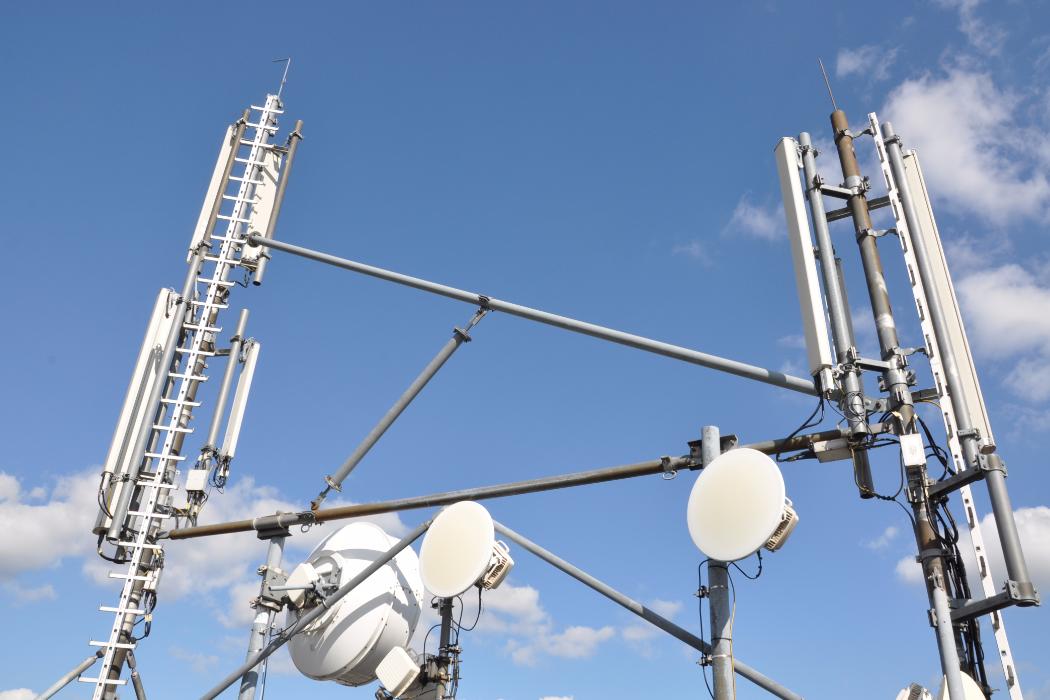What is Electrical and Electronic Engineering?
There is a significant overlap with both the Computer Engineering and Mechatronics Engineering degrees especially relating to smart devices and programming, but Electrical and Electronic Engineers have a stronger focus on making things happen in the physical world compared to Computer Engineers, and a stronger focus on electrical power, digital data, and micro-devices than Mechatronics Engineers.
The following areas and topics are particular strengths of this programme:
- Finding new ways of powering our world from renewable energy sources (wind, solar, hydro)
- Creation of electronic, and nano/microscale devices
- Power electronics to drive robots, electric vehicles and industrial machines and enable efficient and sustainable power flow
- Communications and signal processing
Degree pathway
All Bachelor of Engineering with Honours students begin with an Intermediate Year followed by three years of study called the Professional Years.
Workshop and practical work requirements
Completing 800 hours of practical work is a degree requirement for the BE(Hons). Electrical and Electronic Engineering students must also complete ENEL 199 Basic Workshop Course and ENEL 198 Electrical Workshop Course within the First Professional Year.
- Information on the workshop courses are available on student portal Learn pages for ENEL198 and ENEL199.
- Book a workshop course through UC My Timetable.
- See the College of Engineering's overview of practical work and industry links.










